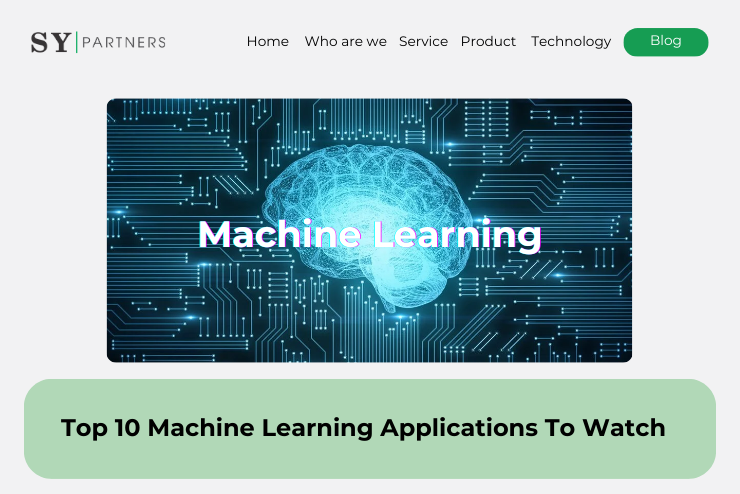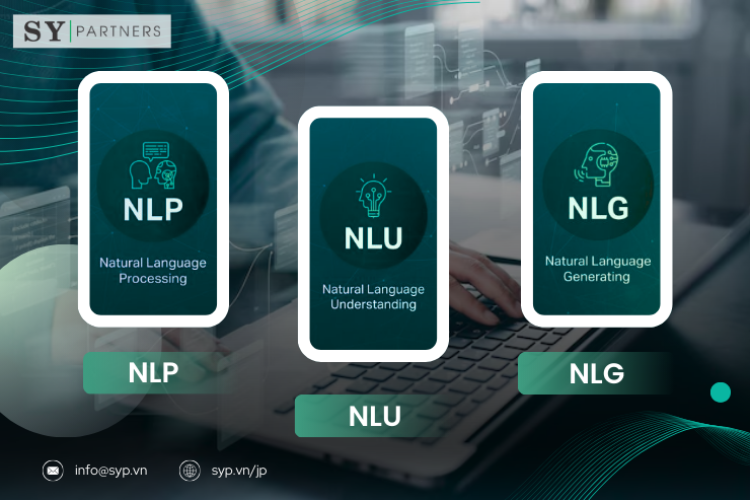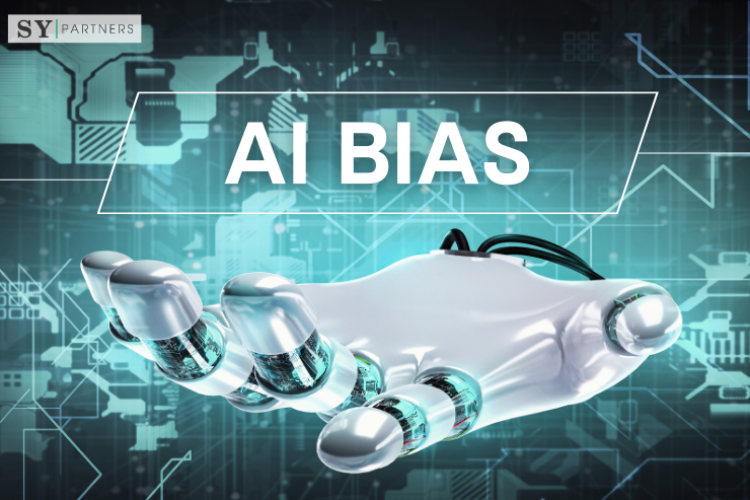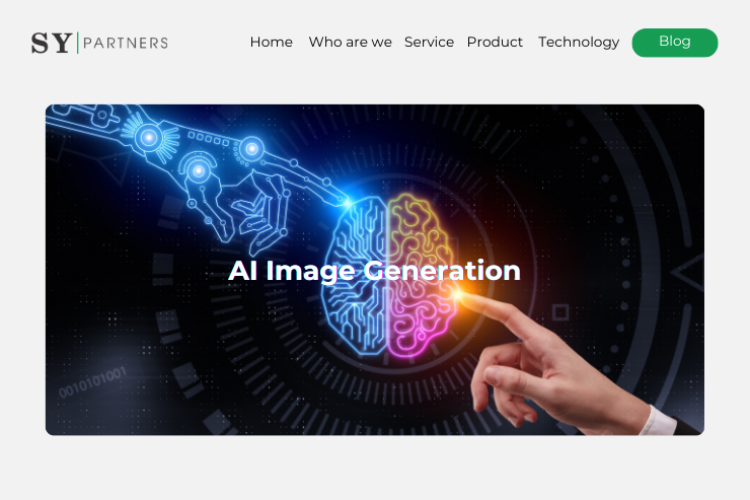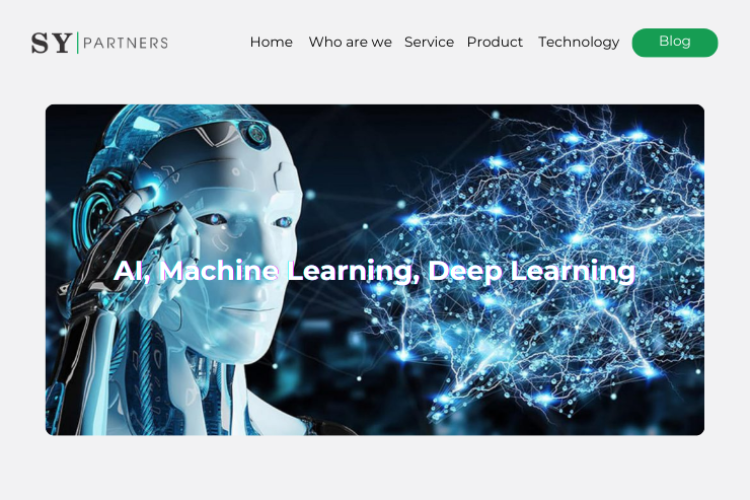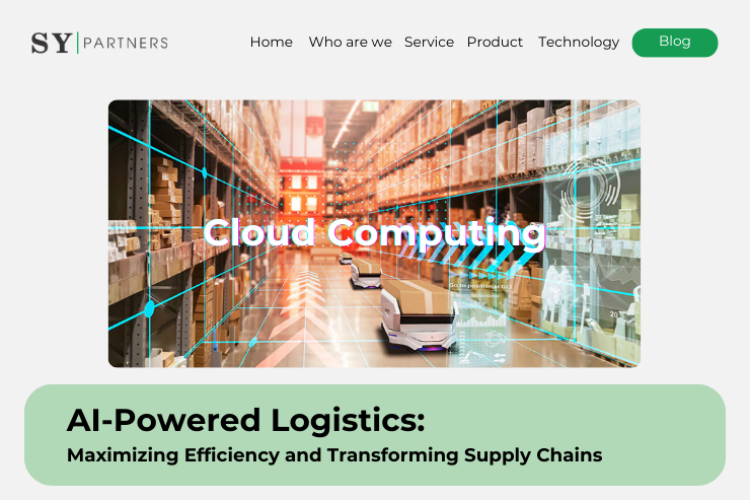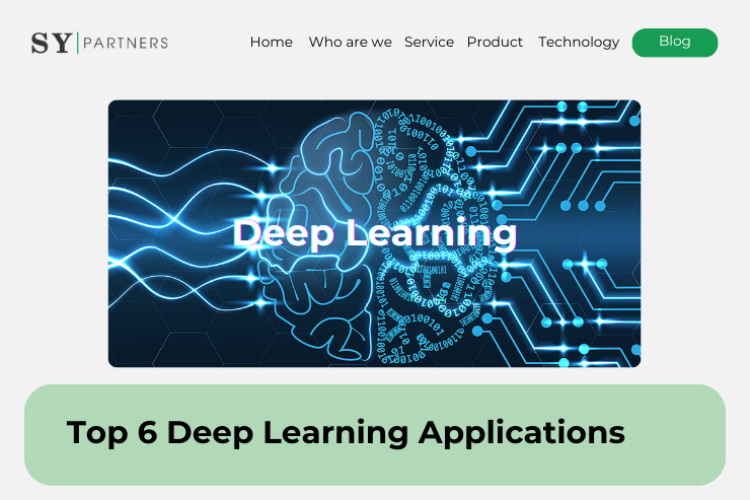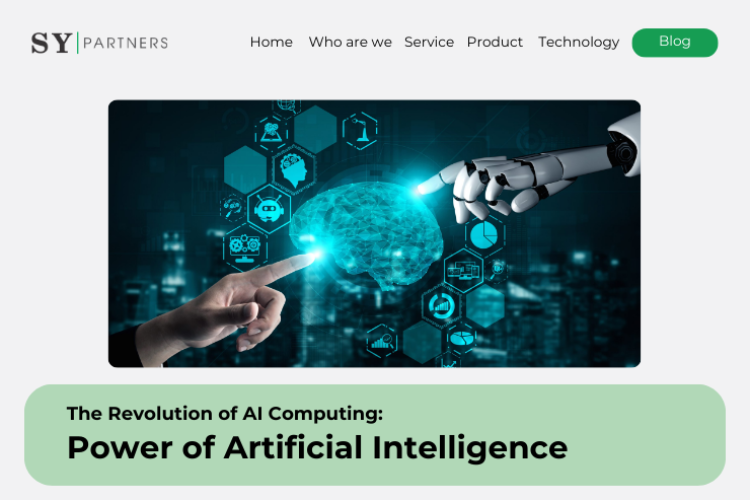Top 10 Machine Learning Applications To Watch
Machine learning has become an integral part of our daily lives, transforming industries and driving innovation across various sectors. The applications of machine learning continue to expand, pushing the boundaries of what is possible.
In this article, we will explore the top 10 machine learning applications and provide examples of how they are making a significant impact in different domains.
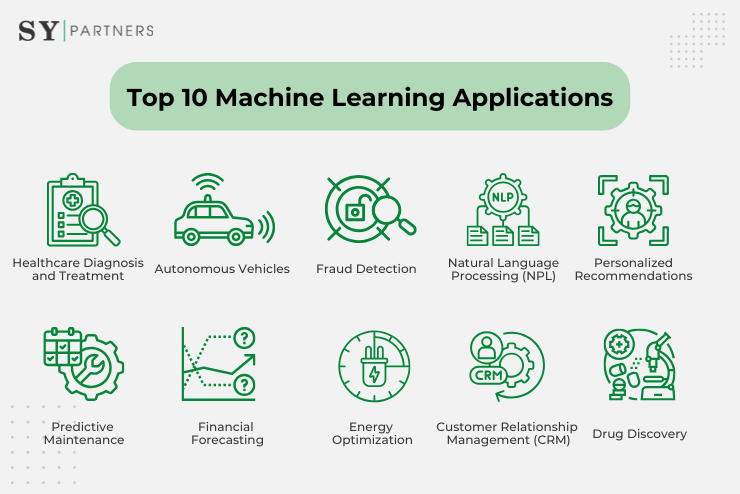
1. Healthcare Diagnosis and Treatment
Machine learning algorithms play a crucial role in healthcare by aiding in disease diagnosis and treatment. For instance, machine learning models can analyze medical images like X-rays and MRIs to detect abnormalities and assist radiologists in making accurate diagnoses. Additionally, machine learning is used to develop personalized treatment plans by analyzing patient data and predicting optimal interventions.
Google's DeepMind developed an algorithm that detects diabetic retinopathy from retinal scans with high accuracy, assisting doctors in early diagnosis and treatment.
2. Autonomous Vehicles
Autonomous vehicles powered by machine learning technologies are poised to revolutionize transportation. These vehicles leverage sensors, cameras, and advanced algorithms to navigate roads, detect obstacles, and make real-time decisions. Machine learning enables self-driving cars to learn from vast amounts of data, enhancing their ability to handle complex driving scenarios.
Tesla's Autopilot uses machine learning algorithms to analyze sensor data and assist in autonomous driving, improving safety and efficiency on the roads.
3. Fraud Detection
Machine learning is instrumental in combating fraud across various industries. By analyzing patterns and anomalies in large datasets, machine learning models can identify fraudulent activities in real-time. These models continuously learn from new data to stay updated and adapt to evolving fraud patterns.
Financial institutions use machine learning algorithms to detect fraudulent credit card transactions by analyzing customer behavior, transaction history, and other relevant data.
4. Natural Language Processing (NLP)
NLP enables machines to understand and generate human language, opening up a wide range of applications. Machine learning algorithms power virtual assistants, chatbots, and language translation services, enhancing communication and improving user experiences. NLP also facilitates sentiment analysis, extracting insights from customer feedback and social media data.
Amazon's Alexa and Apple's Siri utilize NLP techniques to understand user commands, respond to queries, and perform various tasks.
5. Personalized Recommendations
Machine learning algorithms excel at providing personalized recommendations based on user preferences and behavior. E-commerce platforms, streaming services, and social media platforms leverage machine learning to analyze user data and deliver tailored content, products, and suggestions.
Netflix uses machine learning to recommend movies and TV shows based on a user's viewing history, ratings, and preferences, enhancing the user's streaming experience.
6. Predictive Maintenance
Machine learning is used in predictive maintenance to identify potential equipment failures before they occur. By analyzing sensor data and historical maintenance records, machine learning models can predict when maintenance is required, minimizing downtime and optimizing maintenance schedules.
In the manufacturing industry, machine learning algorithms analyze data from sensors embedded in machinery to predict and prevent equipment failures, reducing costs and improving productivity.
7. Financial Forecasting
Machine learning algorithms are employed in financial forecasting to predict market trends, stock prices, and economic indicators. These models analyze historical data, news articles, and social media sentiments to identify patterns and make accurate predictions, aiding investors and financial institutions in decision-making.
Hedge funds and investment firms leverage machine learning algorithms to analyze market data and predict stock prices, gaining a competitive edge in trading.
8. Energy Optimization
Machine learning is playing a vital role in optimizing energy usage and reducing waste. Smart grids powered by machine learning algorithms analyze energy consumption patterns and make intelligent decisions to optimize energy distribution, reduce costs, and promote sustainability.
Machine learning algorithms in smart homes can analyze energy usage patterns and adjust heating, cooling, and lighting systems to optimize energy efficiency.
9. Customer Relationship Management (CRM)
Machine learning is transforming customer relationship management by analyzing vast amounts of customer data to gain insights and improve customer experiences. These algorithms can segment customers, predict churn, and provide personalized recommendations, enabling businesses to deliver targeted marketing campaigns and enhance customer satisfaction.
Salesforce's Einstein AI leverages machine learning to analyze customer data and provide insights to sales and marketing teams, enabling them to make data-driven decisions and drive revenue growth.
10. Drug Discovery
Machine learning is revolutionizing the field of drug discovery by accelerating the identification and development of potential new drugs. Machine learning models can analyze vast amounts of genomic and chemical data to predict the effectiveness and safety of potential drug candidates, reducing the time and cost involved in the discovery process.
Google's DeepMind developed AlphaFold, a machine learning model that predicts protein structures, aiding in drug discovery and protein research.
Conclusion
The applications of machine learning in 2024 are diverse and pervasive, impacting industries and reshaping the way we live and work. From healthcare to transportation, finance to energy optimization, machine learning continues to drive innovation and unlock new possibilities. As technology advances and more data becomes available, the potential for machine learning applications will onlycontinue to grow.
By harnessing the power of machine learning, we can expect further advancements in healthcare diagnostics, autonomous vehicles, fraud detection, NLP, personalized recommendations, predictive maintenance, financial forecasting, energy optimization, CRM, and drug discovery. These applications are just a glimpse of the transformative potential that machine learning holds, and they will continue to shape our future in remarkable ways.


 EN
EN JP
JP KR
KR